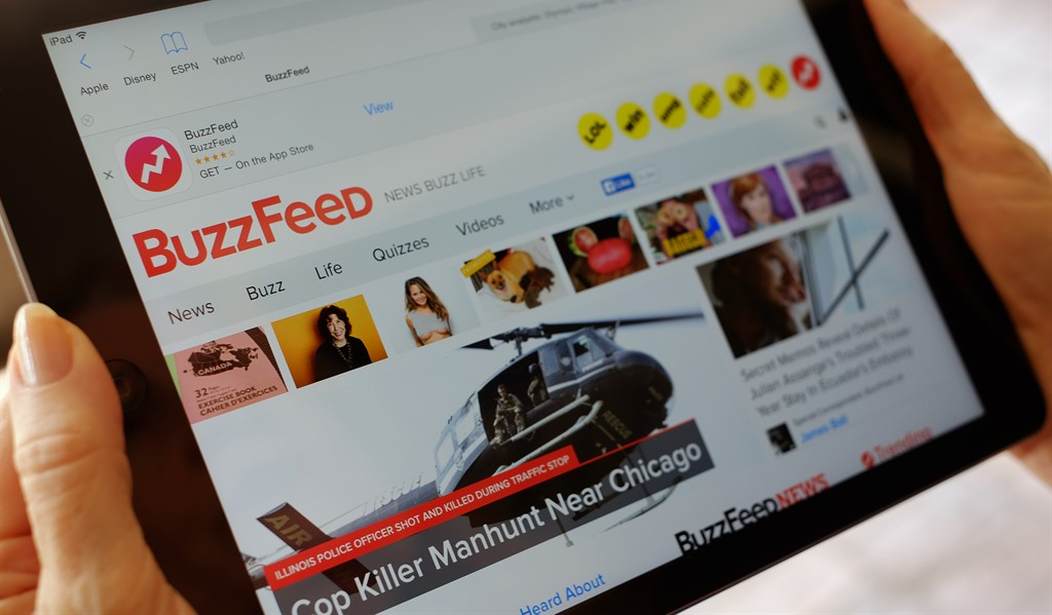There’s a thread between the June first reviews of the new Foo Fighters and Bob Dylan records and an increasing phenomenon of creative types — you know, the kind that once mockingly told blue-collar workers “learn to code?” — now learning blue-collar trades themselves due to their own jobs’ replacement by the product of people who … learned to code.
When ChatGPT came out last November, Olivia Lipkin, a 25-year-old copywriter in San Francisco, didn’t think too much about it. Then, articles about how to use the chatbot on the job began appearing on internal Slack groups at the tech start-up where she worked as the company’s only writer.
Over the next few months, Lipkin’s assignments dwindled. Managers began referring to her as “Olivia/ChatGPT” on Slack. In April, she was let go without explanation, but when she found managers writing about how using ChatGPT was cheaper than paying a writer, the reason for her layoff seemed clear.
“Whenever people brought up ChatGPT, I felt insecure and anxious that it would replace me,” she said. “Now I actually had proof that it was true, that those anxieties were warranted and now I was actually out of a job because of AI.”
Lipkin is now pursuing a career as a dog walker, which should guarantee a far more grateful clientele in addition to the exercise benefits. But I digress.
In recent months, we’ve seen how media corporations are using ChatGPT and variations thereof to churn out bad content at a far lower cost than paying biased liberal — pardon the redundancy — writers to churn out bad content. Amazingly enough, the machines are even worse than the humans.
“They only care about cranking out content and don’t care about quality/editing as long as the content ranks in [search engine optimization],” one former employee told us. “They use AI to rewrite the intros every two weeks or so because Google likes updated content.”
The AI rewrites, the former employee said, are intended to manipulate Google’s search rankings — and are not good news for human readers looking for high-quality work.
“Eventually it gets so mangled that about every four months a real editor has to look at it and rewrite it,” they said. “Then the process starts over again.”
For the record, everything you read here at RedState comes from real live human beings.
Amazingly enough, the entire process can go south in a tremendous hurry. In January 2023, BuzzFeed announced its embracement of the new technology.
On Thursday, an internal memo obtained by The Wall Street Journal revealed that BuzzFeed is planning to use ChatGPT-style text synthesis technology from OpenAI to create individualized quizzes and potentially other content in the future. After the news hit, BuzzFeed’s stock rose 200 percent. On Friday, BuzzFeed formally announced the move in a post on its site.
“In 2023, you’ll see AI inspired content move from an R&D stage to part of our core business, enhancing the quiz experience, informing our brainstorming, and personalizing our content for our audience,” BuzzFeed CEO Jonah Peretti wrote in a memo to employees, according to Reuters. A similar statement appeared on the BuzzFeed site.
Let’s see how that worked out for them. As my colleague Bonchie noted here in April 2023:
Notorious left-wing outlet BuzzFeed News is closing its doors. That comes after years of turmoil, including layoffs, plagued the company. Employees also voted in 2019 to unionize, leading to a strike in 2022.
But as is so often the case, liberal utopias simply don’t comport with reality, and BuzzFeed News has reportedly never been profitable.
The liberal fascination with inexpensive mediocrity is nothing new. Refer back to Foo Fighters and Bob Dylan. Foo Fighters founder and leader Dave Grohl has long railed against machine-made music.
Dave Grohl has hit out at bands who use drum machines and studio techniques which tighten performances, saying it robs drummers of their personality.
The Foo Fighters frontman, who of course drummed for Nirvana (and more recently Them Crooked Vultures) told The Sun how he’s fed up of the trickery.
“All that sh-t ruins music these days,” he said. “Drum machines work for pop artists but when it comes to rock ‘n’ roll — don’t f–k with the human element.”
He explained that this sort of production was the reason he insisted on recording “Wasting Light” in his garage, and that the art of drumming was better in the old days.
“I learnt to play the drums by listening to records,” he said.
“I had favourite drummers because of their inconsistencies. Modern production has robbed drummers of personalities and it really p—ed me off.”
James Gang, Eagles, and solo artist guitar legend Joe Walsh expanded on this a few years back.
Even the ways people have grown accustomed to listening to recorded music have gone downhill. Try listening to a Spotify stream through your phone, headphones, desktop computer speakers, car stereo, or whatever. Now, listen to the same song on either vinyl or CD through the same system. You won’t even recognize the tune because of the vastly superior depth, texture, and dynamics available through an album or a disc. And yet, many rely on Spotify or other streaming services for all their music needs. Why? It’s cheap and disposable.
This is modern liberalism, more accurately progressivism, in a nutshell. It treats its own as disposable dinnerware, discarded the moment someone, or something, newer and shinier comes along that more “accurately” reflects this week’s outrage. Progressivism seeks whatever will best line its pockets, and if a fellow progressive fails to grab their slice of the pie, it sucks to be them as everyone else fights over it. Despite all the cheap talk about uplifting and empowerment, progressivism knows nothing of these things. It craves instant gratification and reassurance it is what it believes itself to be. Done on the cheap? So much the better.
Meanwhile, conservatives read works written by and enjoy art created by real people. Our gain. And also, our continued employment as the tradespeople mocked by progressives now smile broadly as they welcome them into introductory job skills class.















Join the conversation as a VIP Member